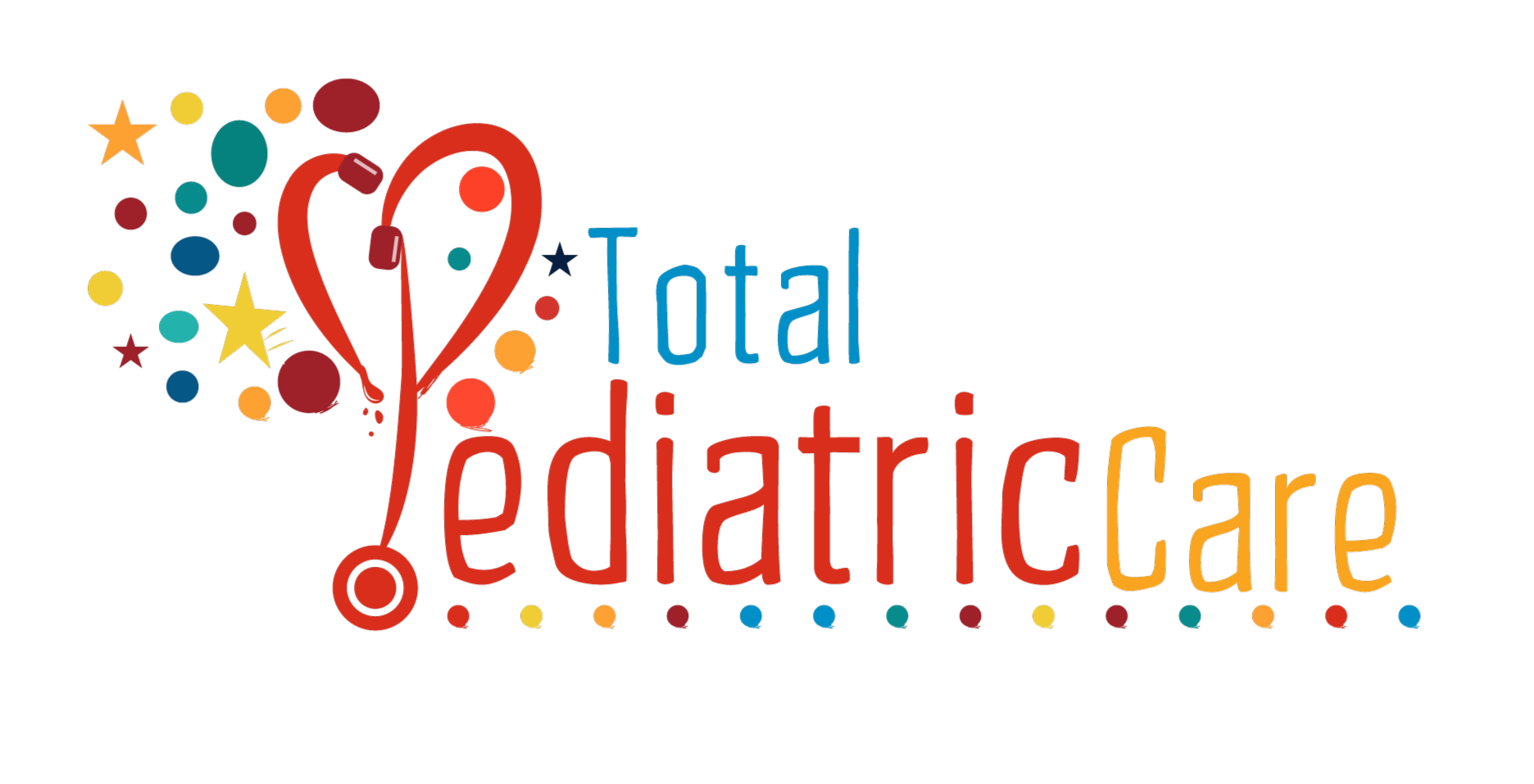Playtime is an essential part of a child’s development. It allows children to explore the world around them, learn new skills, and develop important social, emotional, and cognitive skills. Here are some of the ways that playtime is important for child development:
- Physical Development
Playtime provides opportunities for children to engage in physical activities such as running, jumping, and climbing. These activities help develop gross motor skills and improve coordination and balance.
- Cognitive Development
Playtime allows children to use their imaginations, problem-solve, and experiment with new ideas. This type of play helps develop cognitive skills such as memory, attention, and creativity.
- Emotional Development
Playtime provides opportunities for children to express their emotions, develop empathy, and learn to regulate their emotions. Through play, children can explore different emotions and learn how to communicate their feelings to others.
- Social Development
Playtime provides opportunities for children to interact with others, develop social skills, and learn how to navigate social situations. Through play, children can learn important social skills such as sharing, taking turns, and cooperating with others.
- Language Development
Playtime provides opportunities for children to practice language skills such as listening, speaking, and storytelling. Through play, children can learn new words, develop their vocabulary, and improve their communication skills.
In summary, playtime is important for child development as it provides opportunities for physical, cognitive, emotional, social, and language development. As a parent or caregiver, it’s important to encourage playtime and provide opportunities for children to engage in different types of play. Whether it’s free play, structured play, or imaginary play, playtime is an essential part of a child’s development and should be encouraged and valued.

